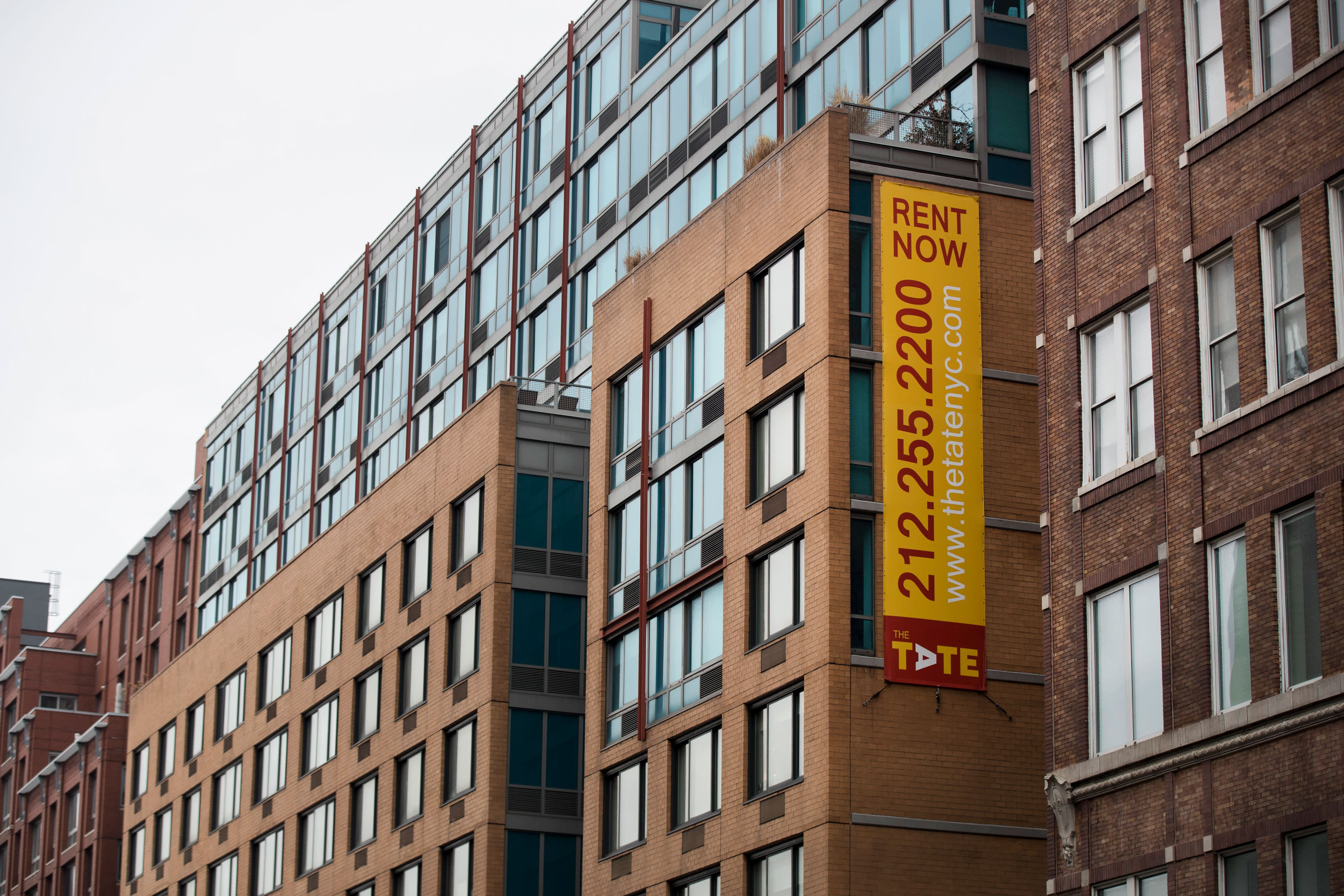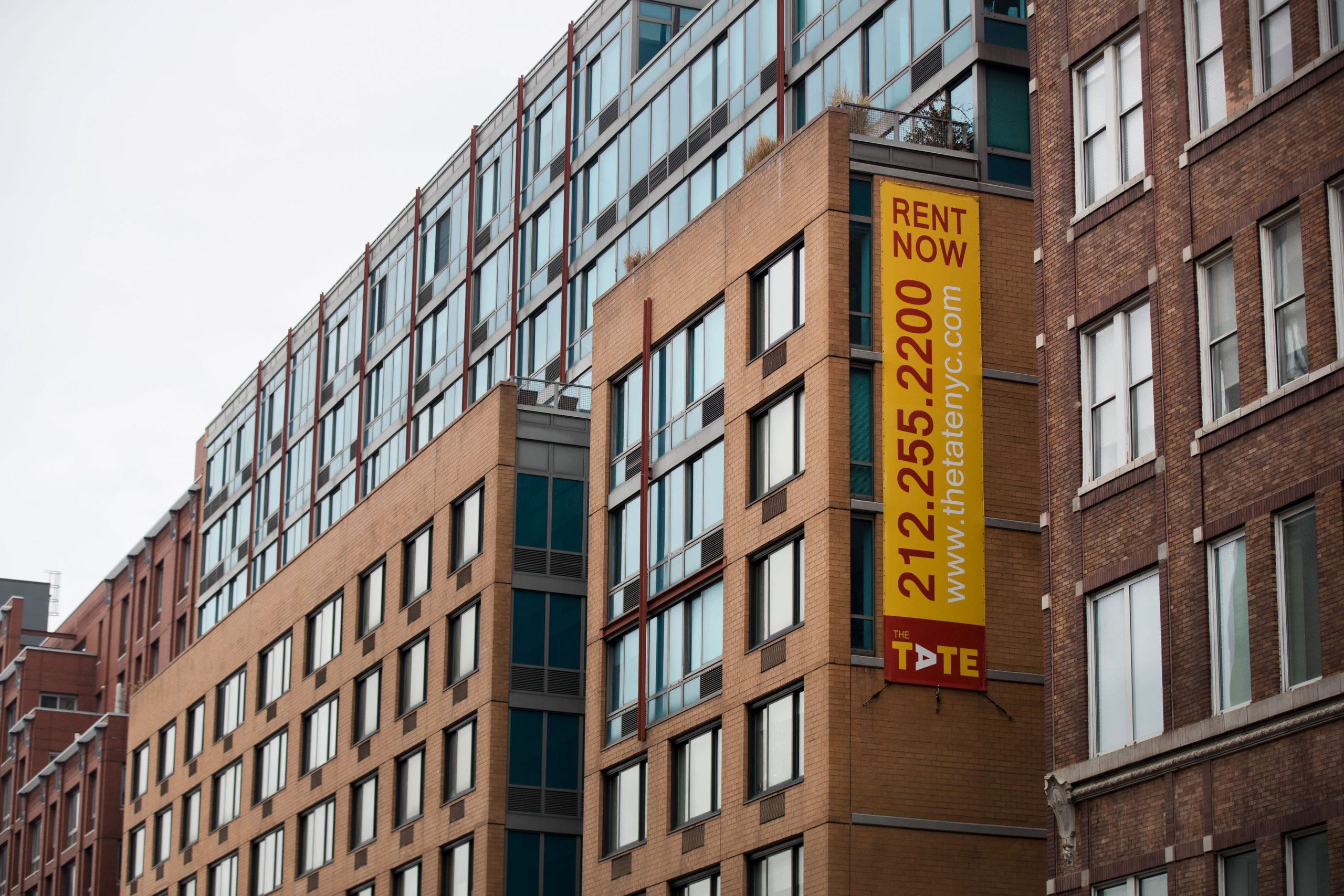
The Powder Keg of American Rent Strikes: When Tenants Pull the Pin on Landlord Greed
Yo, let’s talk about the rental market—where dreams of affordable housing go to die, and tenants are left holding the grenade. From coast to coast, renters are flipping the script, turning rent strikes into their weapon of choice against predatory landlords and a system rigged for profit over people. This ain’t just about late fees or leaky faucets; it’s a full-blown rebellion against an industry drunk on exploitation. Buckle up, because we’re diving into the nitty-gritty of why rent strikes are blowing up (and why landlords are sweating bullets).
—
1. Rent Hikes: The Financial Booby Trap
Here’s the deal: rents are climbing faster than a Wall Street bro on cocaine, and tenants are getting squeezed like oranges in a juicer. Data shows urban renters used to bounce when leases ended—now, turnover rates have plummeted to 30% in some corporate-owned complexes. Why? Because moving means facing even *higher* rents elsewhere. It’s a rigged game, folks.
Take Los Angeles, where tenants at the Burlington Apartments joined nearly 100 families to scream *”enough!”* after rent spikes left them choosing between groceries and rent. Or New York, where 13,000+ tenants in 50+ buildings are collectively withholding rent like a mic drop to landlords’ faces. This isn’t mobility—it’s *economic entrapment*. And when people can’t leave, they fight back.
—
2. Slumlords & Silicon Landlords: The Duopoly of Disrepair
Let’s shatter the myth: your landlord isn’t some kindly old couple fixing your sink. Nah, it’s more likely a faceless corporation or a private equity ghoul squeezing every penny while your apartment crumbles. The FTC called it—hidden junk fees, broken online portals, and maintenance requests lost in a black hole of neglect.
Case in point: Kansas City’s Quality Hill apartments, where tenants have been on strike for *years* against Sentinel Real Estate Corporation. We’re talking mold, rodents, and retaliatory lease nonrenewals—classic slumlord playbook. But here’s the kicker: institutional investors *bank* on tenants being too scared to complain. Rent strikes? That’s the dynamite blowing up their profit margins.
—
3. The Legal Molotov: Why Strikes Work (and Landlords Hate It)
*”Can they even do that?”* Oh, honey—they *absolutely* can. In most states, rent strikes are 100% legal, and no judge can force a tenant to pay if conditions are deplorable. New York organizers weaponized this, turning strikes into a crisis so loud even federal regulators can’t ignore it.
But it’s not just about rent money. Strikes are a Trojan horse for systemic change—exposing how corporate landlords game the system while tenants drown. Every withheld rent check is a middle finger to the status quo, pushing for laws to cap rents, ban junk fees, and hold landlords accountable. Kansas City’s strike didn’t just win repairs; it put Sentinel on blast nationally. *That’s* power.
—
The Aftermath: A Housing Market on Notice
*Boom.* Here’s the fallout: rent strikes aren’t a trend—they’re the inevitable explosion after decades of landlord greed. From California to Missouri, tenants are rewriting the rules, proving collective action can dent even the shiniest corporate armor.
So what’s next? Either policymakers step in with rent control and tenant protections, or brace for more strikes—because when you push people into a corner, don’t be shocked when they come out swinging. The bubble’s bursting, folks. And this time, it’s not the market crashing—it’s tenants lighting the fuse.
(*Mic drop. Walks away in discounted clearance sneakers.*)







